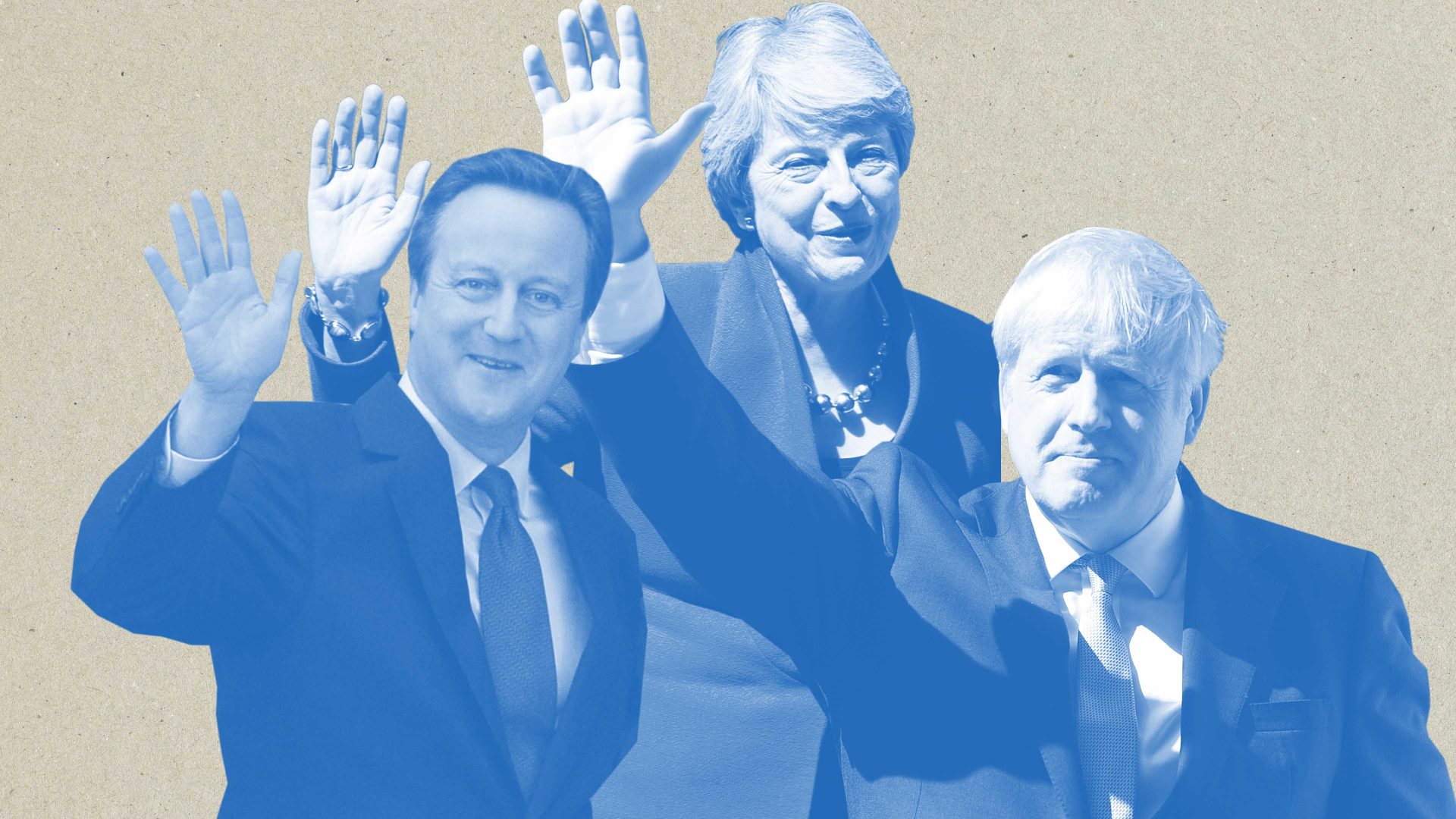“What’s boring,” Keir Starmer is said to have told his shadow cabinet last week, “is being in opposition”. As unnamed colleagues brief the media that he lacks pizzazz, and focus groups continue to flag at the sight of the Labour leader, the solution is supposed to be “policy”.
“Make some commitments so that people know where you stand”, is the oldest advice in political strategy. But in Labour’s case, it might be premature. Much as I want to hear Starmer come out with five or 10 clear pledges, and for party activists to start landing them on the doorstep, what first needs to happen is an expression of political philosophy.
What does it mean to be a social democrat in an era where, out of nowhere, globalisation and the rules-based order have imploded? Where every economic stimulus flows upwards into the bank accounts of the rich, not downwards towards the needy? Where the whole of western capitalism has been sustained on the life support of quantitative easing, which is now to be switched off? That’s what I’m not hearing answers to.
If Labour lacks a clear vision of the future, that is because the medley of crises we are living through – climate, Covid, Ukraine, inflation – make the future hard to see.
In the two years he’s had control over Labour, Starmer has been adept at ditching the pledges he stood on. As someone who campaigned for him on those pledges, I think that’s a shame – but if there were a clear, coherent alternative being proposed, with evidence and reasoning, I might accept it.
Ditching the commitment to restore freedom of movement, for example, makes sense if you are never going to rejoin the single market; but if you want some form of bespoke customs union with the EU, you’d better say so, and outline its consequences for migration.
Ditching the pledge of common ownership for the energy industry might make sense if you have a wizard device for making the current, privatised structures deliver zero net carbon. But if so, we’d better know what that is.
There is one valid reason that Labour might be right in avoiding clear commitments – the current paralysis of UK fiscal and monetary policy, partly due to global inflation and partly due to Brexit. With the Bank of England putting the brakes on growth, just as Rishi Sunak’s Treasury puts its foot on the accelerator, and with the Tories threatening to start a trade war with Europe, who knows what economic horrors might face an incoming Labour-led government in two years’ time.
But without a vision you can’t make consistent pledges, and without a political philosophy – by which I mean a theory of how the world works and what justice consists of – you are just drifting in opposition and will drift if, by some miracle, you achieve power.
To stop drifting, Labour politicians need to answer some basic questions. Do we believe in redistributing wealth downwards? If yes, do we believe the market, growth, education and innovation will do this on their own, or do we think tax, welfare and state direction of the private sector will be needed to make redistribution happen?
And if the answer is the latter, what do we do about redistributing power? Because the atomisation of working-class communities, the failure of workers to defend their take-home pay in a period of inflation, the millions of families blighted by insecure tenancies on unaffordable rents – each of these social ills is as much about power as economics.
Labour’s left-wing pressure group Momentum, of which I’m a member, is committed to a “fundamental and irreversible shift of wealth and power to the working class”. That’s clear enough, and – if it could muster a political coalition to influence policy – would lead to clear pledges and a course of action. You might still differ over methods and priorities – as when Labour’s John McDonnell in 2017 chose to scrap student tuition fees rather than reverse welfare cuts – but you’d have something solid.
The problem for the Labour front bench is, having no mission statement it cannot force itself to think through the concrete decisions facing it, or explore the legitimate differences. “Prosperity, Security and Respect” are worthy goals, but people want to know how Labour would achieve them.
Is Starmer’s Labour, for example, universalist? Does it want public services and welfare benefits to be available to all at the same cheap or free cost, or does it prefer the means test? Both traditions exist within Labourism, but I am currently clueless as to which one is dominant.
As the basic political unit for driving regional growth, does Labour favour the city region – as advocated by Manchester mayor Andy Burnham – or the “towns” agenda articulated by Lisa Nandy? You could, feasibly, have both – if there was a team working on an integrated, regional growth proposal with costings, modelling and expert input. But if there is, I cannot find it.
Starmer has pledged that Labour’s commitment to Nato is unshakeable. But spelling out what form Britain’s contribution to European security will take, and a vision for Britain’s future relationship to the EU, come with fiscal and political costs. If we’re going to need a bigger army, someone’s got to pay for it. If you are going to reverse Boris Johnson’s attempts to divide the EU with ad-hoc bilateral security commitments (to Finland, Poland and Ukraine), you’re going to annoy the hard Brexiteers.
All this is solvable through research, discussion, debate and voting (because without voting nothing can become policy in the Labour Party). But the front bench collectively seems to live in fear of all these things. It is that collective fear, not Starmer’s personal style, that has stopped Labour from seizing this crisis point in British politics. Once the Wakefield byelection is over, that has to change.




